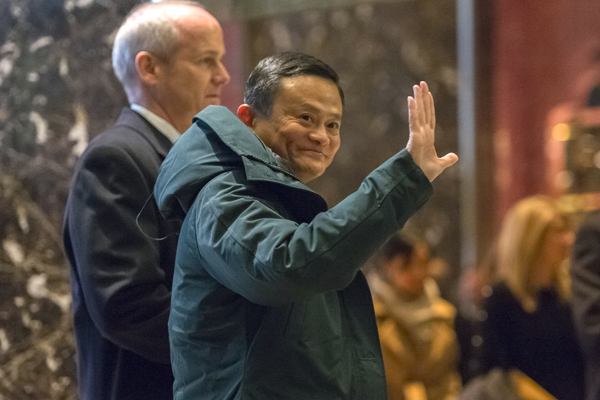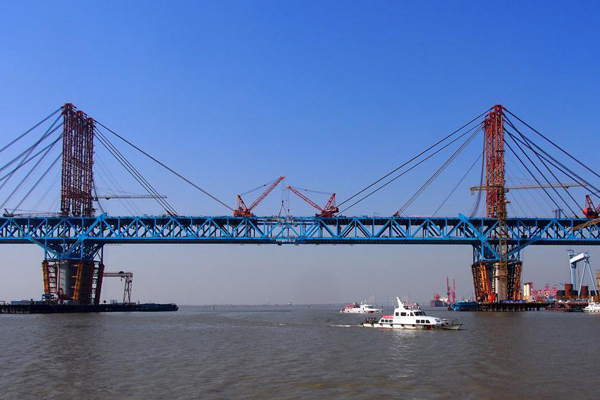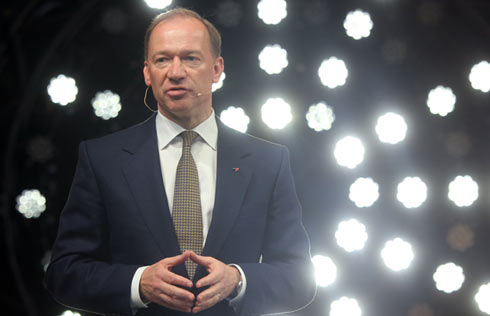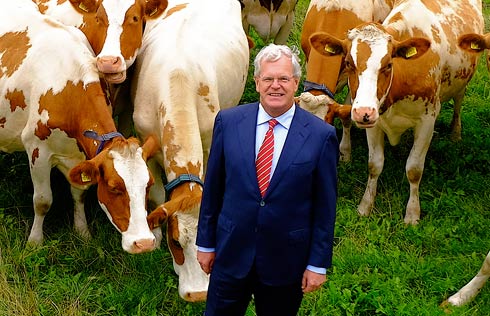Alibaba US jobs pledge showcases global strategy
 |
|
Billionaire Jack Ma, chairman of Alibaba Group Holding Ltd, waves while arriving at the lobby of Trump Tower in New York, to meet Donalt Trump on Jan 9. [Photo / Agencies] |
Ma said after his Jan 9 meeting with Trump that Alibaba's US expansion will especially target the Midwest region in items such as wine and fruit. China is heading toward a consumption-driven economy, and a burgeoning middle class wants higher-quality baby formula, organic beauty products and Alaskan salmon.
Skeptics said it will be difficult to sway mom-and-pop shops to transform into global traders, and the anticipated flood of new businesses on Alibaba's websites will make it harder for them to stand out.
Julia Pan, a Shanghai-based analyst at UOB Kay Hian, said: "This goal is too idealistic. In reality, it will be very hard to get 1 million SMEs to all thrive on its platform."
However, Alibaba is undaunted. The company makes money from listing fees that can total 150,000 yuan with sales commissions of up to 5 percent and tech fees of as much as 60,000 yuan-and marketing costs.
That full-service clout appeals to Eduardo De Arkos, a San Francisco-based entrepreneur sourcing agricultural tools and plastics from Alibaba. De Arkos wants to start a clothing business, and he said he has found a partner in Shenzhen to manufacture the garments and ship them domestically.
"China is always the logical next step just because of the sheer size of the market," De Arkos said. "Sticking with Alibaba to sell to the Chinese makes sense because of their dominance."
But there are significant obstacles to e-commerce transactions between Wisconsin and Wuhan. Relations between the US and China may worsen under President Trump, who has called for high tariffs on Chinese goods and accused the country of stealing American jobs.

















